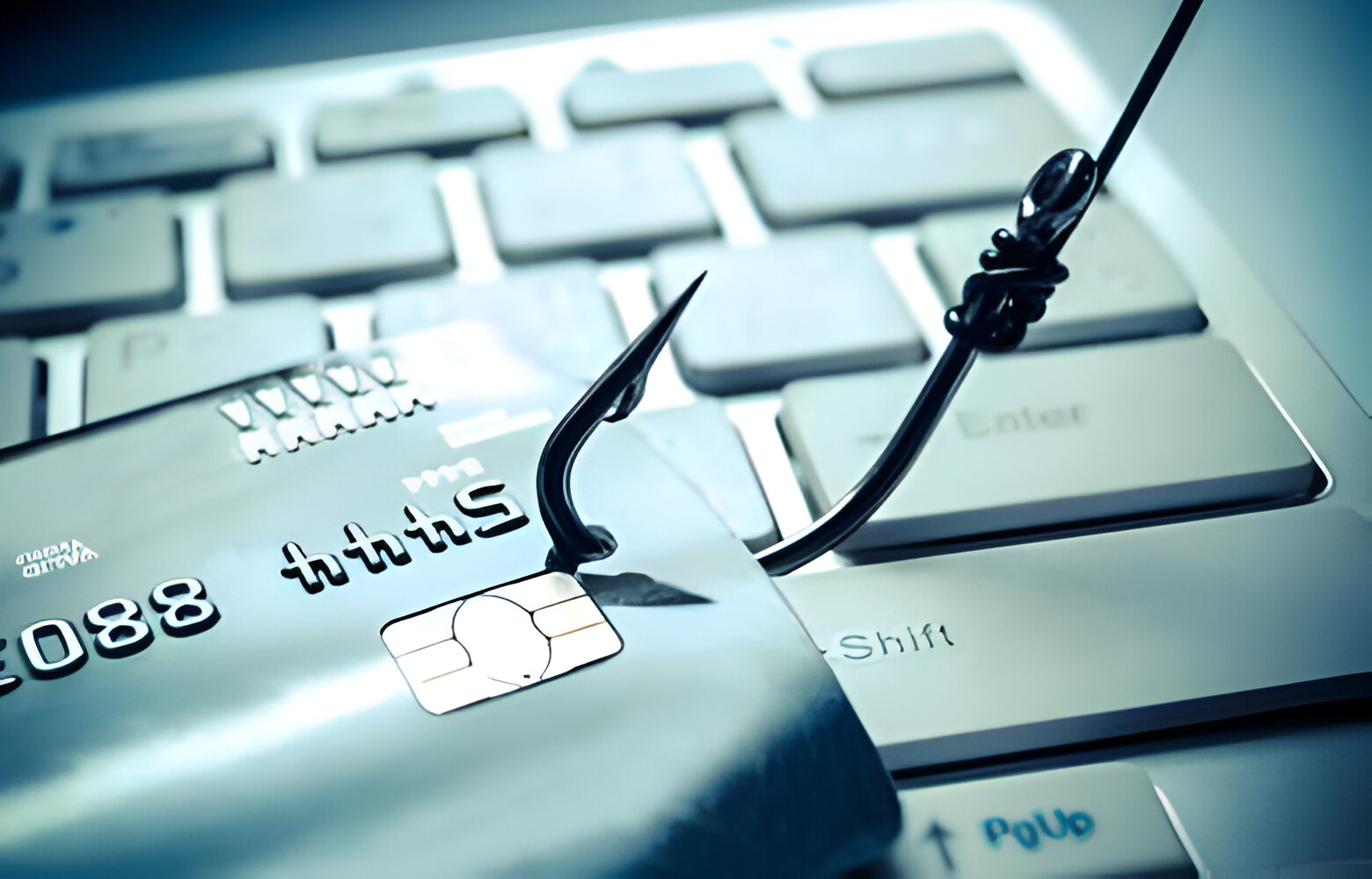Digital Forensics in Corporate Investigations
In the dynamic terrain of the corporate world, technology has emerged as both a fuel for growth and a harbinger of threats. The digitalization of businesses has undoubtedly fostered efficiency and innovation, but it has also invited an insidious array of cyber risks.
To navigate this landscape safely, organizations are increasingly turning to the one field that has emerged as a corporate guardian – digital forensics, a discipline that stands as a bulwark against the storm of dangerous cyber threats. Through the expertise of a Digital Forensic Expert corporate companies are now better equipped to carefully understand, mitigate, and even prevent these threats, fortifying their digital domains against intrusions.
Digital forensics plays a crucial role in corporate investigations, especially when it comes to uncovering evidence related to employee misconduct, intellectual property theft, and internal data breaches. Here’s how digital forensics is applied in these scenarios:
The Role of Digital Forensics in Employee Misconduct
Employee misconduct can take various forms, including harassment, fraud, unauthorized access to company resources, and inappropriate use of company systems. Digital forensics can be used to gather evidence from digital devices such as computers, smartphones, and company servers to reconstruct events, identify culprits, and determine the extent of the misconduct. This may involve analyzing the below mentioned scenarios:
Email and Communication Analysis: Digital forensics experts can analyze emails, instant messages, and other communication channels to identify any evidence of misconduct such as harassment, fraud, or conflicts of interest.
Computer Usage Monitoring: By examining computer usage logs, internet history, and file access timestamps, investigators can track an employee’s activities and determine if they have violated company policies or engaged in unauthorized actions.
Data Recovery and Deleted File Analysis: Deleted files and digital footprints can still be recovered using forensic tools, providing insights into any attempts to cover up misconduct.
The Role of Digital Forensics in Intellectual Property Theft
Intellectual property theft causes significant harm to businesses and individuals alike. Whether it’s associated with counterfeiting products, stealing trade secrets, or pirating copyright content, intellectual property theft often leads to financial Losses, legal liability, and reputational damage.
However, digital forensic experts investigate and prevent intellectual property theft. This guide will explore how people can be protected from this serious crime.
Intellectual Property Theft – A Brief Overview
Intellectual property theft involves the unauthorized use, distribution, or copying of an individual’s intellectual property, such as trade secrets, copyrights, patents, and trademarks. It’s one of the most important factors that help a business gain an edge against its competitors in the market. This crime takes place in several ways, like misappropriating trade secrets, hacking into computer systems, and stealing physical documents. Moreover, intellectual property theft can occur by using online platforms, including file-sharing sites or social media. If a competing organization imitates a business design too closely or takes possession of its intellectual property, the damage caused can be tremendous. Intellectual property theft usually occurs when an employee leaves a company to partner with a rival or set up their own business.
How digital forensics is applied in these
File Analysis and Metadata Examination: Digital forensics specialists can examine files to identify any unauthorized copying or sharing of proprietary information. Metadata analysis can reveal details such as creation dates, authors, and editing history, providing valuable evidence in intellectual property theft cases.
Network Traffic Analysis: Monitoring network traffic can help detect suspicious activities such as large data transfers or unauthorized access to sensitive files.
Endpoint Forensics: Investigating endpoints such as computers, laptops, and mobile devices can reveal evidence of data exfiltration or unauthorized access to intellectual property.
The Role of Digital Forensics in Internal Data Breaches
Internal data breaches pose a significant threat to corporate security, as they involve unauthorized access to sensitive information by employees or insiders with privileged access. Digital forensics is instrumental in investigating internal data breaches and determining the root causes of security incidents. This involves conducting thorough examinations of digital assets, including servers, databases, and employee workstations, to identify vulnerabilities, unauthorized access points, and potential security lapses. Forensic analysis may reveal evidence of malicious activities such as data exfiltration, unauthorized modifications to system configurations, or exploitation of software vulnerabilities. By uncovering the source of the breach and identifying weaknesses in the company’s security posture, digital forensics helps organizations implement remediation measures to prevent future incidents and safeguard their data assets. It also Examines the below mentioned scenarios.
System Log Analysis: Examining system logs can help identify unusual login patterns, unauthorized access attempts, or suspicious activities that may indicate a data breach.
Malware Analysis: If malware is involved in a data breach, digital forensics experts can analyze its behavior, origins, and impact on the corporate network.
Database Forensics: Investigating databases can reveal unauthorized changes to records, data leaks, or unauthorized access to sensitive information.
So, Digital forensics serves as an essential defense against the numerous threats present in today’s corporate digital landscape. Through thorough examination of digital evidence, it enables organizations to uncover wrongdoing, prevent intellectual property theft, and address internal data breaches. Utilizing advanced methodologies like file scrutiny, network surveillance, and malware analysis, digital forensics experts play a crucial role in protecting corporate assets, preserving trust, and upholding operational integrity. In a time where cyber vulnerabilities are ever-present, the significance of digital forensics in corporate investigations cannot be overstated, ensuring resilience and heightened awareness amidst evolving risks.
Discover more from Amigo Cyber
Subscribe to get the latest posts sent to your email.
-
Previous Post
Internet of Things (IoT) Forensics
-
Next Post
Cyber Crime Investigation











